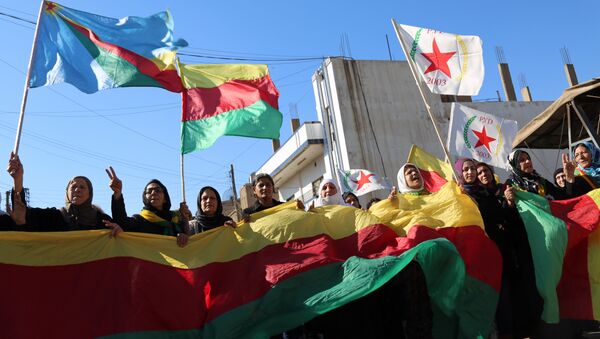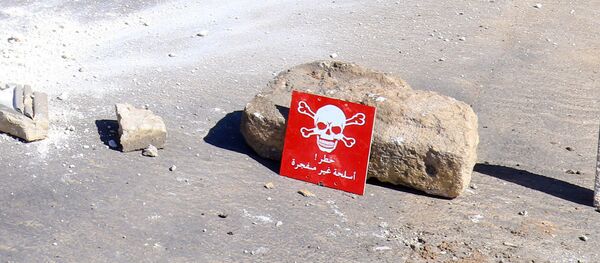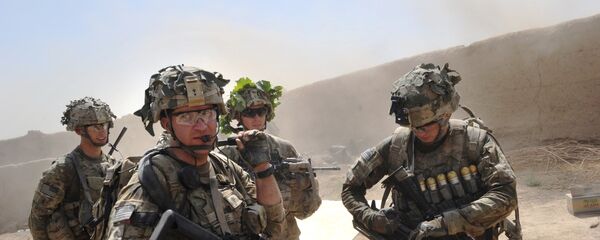ANKARA (Sputnik) – Turkish presidential spokesman Ibrahim Kalin has voiced Ankara's opposition against Russia inviting the Syrian Kurdish Democratic Union Party (PYD), which Turkey accuses of having links to the banned PKK group, to attend the Syrian Congress of National Dialogue.
“We do not see the issue in Kurds being invited to the Congress of the Syrian people as representatives of the Syrian population, but the PYD is a terrorist organization. … Giving them space on the negotiations platform is unacceptable, we shall never agree to this,” Kalin told reporters.
The statement came in the wake of the seventh round of Syrian peace talks in Astana, where participants discussed Russia's proposal to hold the Congress of National Dialogue in Sochi on November 18.
READ MORE: New Deconfliction Zone to Be Established in Syria's Southern Damascus — Source
Syrian National Congress
According to Russia's special presidential envoy for Syria, Alexander Lavrentyev, the decision to hold the congress outside the Syrian territory was made for security reasons, among other issues.
Russia, Iran and Turkey, as guarantors of the observance of the cease-fire regime in Syria, have agreed to discuss Moscow’s proposal to convene the congress under the UN auspices.
"We have fairly close contacts with Staffan de Mistura. We hope that he or his representatives will take part in the event, will speak there. … It will absolutely be the right thing," Lavrentyev said, adding that the United Nations had not made a final decision on the issue.
If the Syrians agree on the constitution, the elections could take place before the end of both the incumbent president's tenure and the term of the Parliament, he said.
"If the Syrians manage to agree on setting up a constitutional commission that will deal with drafting the constitution, if they can adopt the constitution within three to six months … and then create conditions for the adoption of this constitution at the relevant level and in accordance with the current Syrian legislation under the supervision of the United Nations, then, naturally, this will open the possibility of holding [early] parliamentary and presidential elections."




